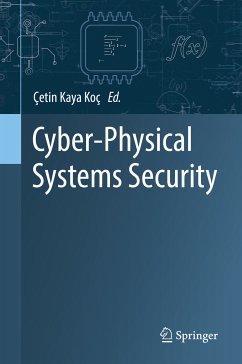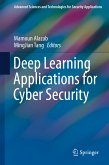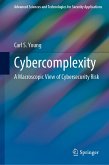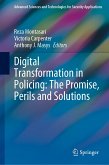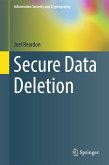The chapters in this book present the work of researchers, scientists, engineers, and teachers engaged with developing unified foundations, principles, and technologies for cyber-physical security. They adopt a multidisciplinary approach to solving related problems in next-generation systems, representing views from academia, government bodies, and industrial partners, and their contributions discuss current work on modeling, analyzing, and understanding cyber-physical systems.
Dieser Download kann aus rechtlichen Gründen nur mit Rechnungsadresse in A, B, BG, CY, CZ, D, DK, EW, E, FIN, F, GR, HR, H, IRL, I, LT, L, LR, M, NL, PL, P, R, S, SLO, SK ausgeliefert werden.

